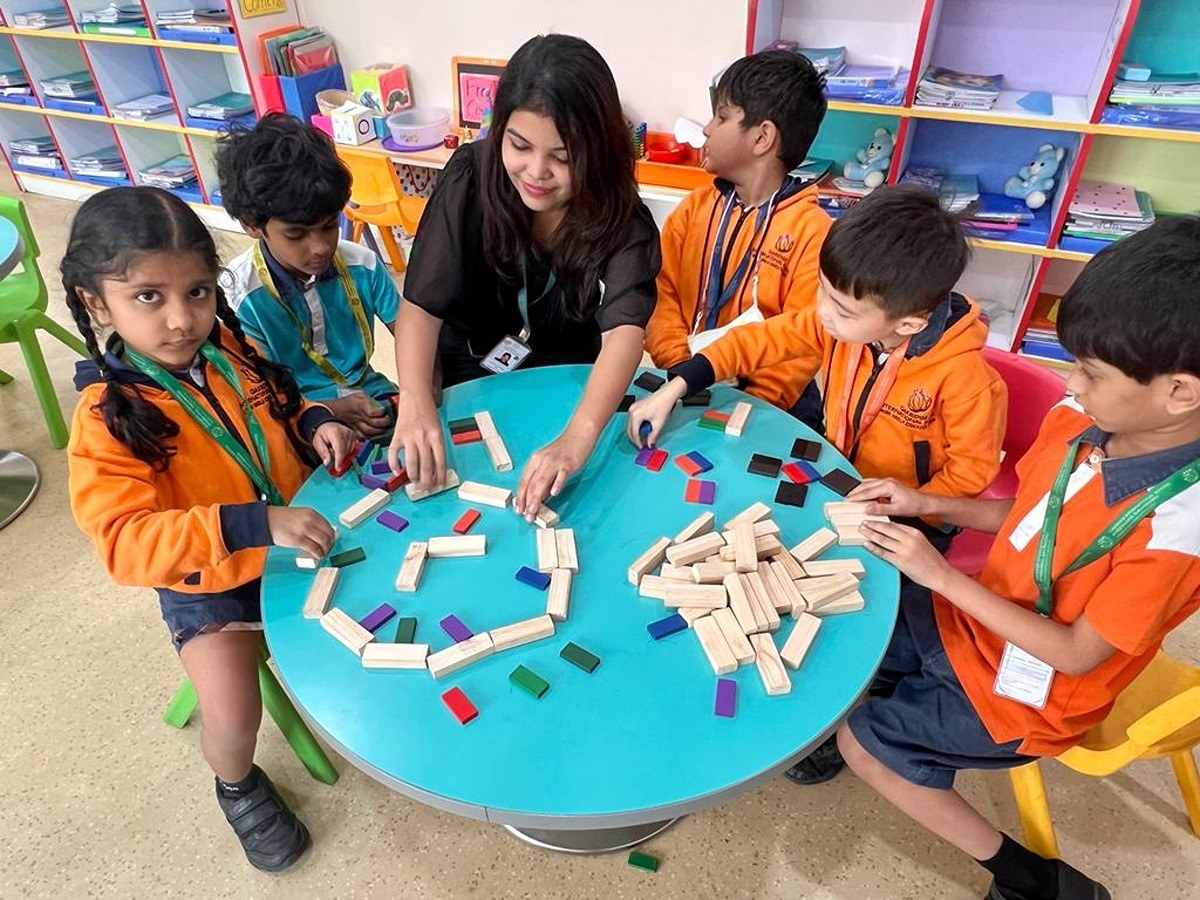Early Habits, Lasting Impact: How Punctuality Shapes Learning
- 23 January 2023


Regular schedule and punctuality are the twin pillars of achieving consistency in classroom. Together, they form the basis of effective routines that are essential for students to learn and grow. AM Sultana’s research on punctuality in classroom states how time management directly correlates with the process of learning. In early years, routines lay the foundation for building a sense of structure, order, and predictability which is of paramount significance. It is imperative that we as educators and parents promote the creation of patterns that foster self-discipline in our children from the outset. Here are a few factors that outlay the importance of regularity and punctuality:
Establishes a consistent learning routine
Children need a consistent and stable environment to learn and thrive. Abiding by regular and timely schedule in early years helps children to establish a consistent learning routine. This helps them to feel more secure and comfortable in their learning environment. It helps children understand what to expect and develop a sense of responsibility for their own actions. This, therefore, makes their learning productive and helps them make the most of their learning opportunities.
Develops important skills and positive habits
Regular attendance in early years helps children learn and practice important skills such as self-management and cultivates self-discipline and motivation. Children are more likely to feel comfortable participating in a variety of learning engagements, asking questions, and contributing to class discussions when there is an element of continuity. When children learn to arrive on time and follow a set routine, they are better able to manage their time and stay organized.
Helps in building a sense of community
Persistent participation in the classroom in early years plays a crucial role in creating a sense of camaraderie among students. They have an increased opportunity to form friendships and build relationships with their peers. This social component of learning is vital for their emotional and social well- being, as it enables them to learn how to interact and communicate effectively with others. All of the aforementioned factors establish a milieu of mutual assistance and cooperation, where children work together, exchange ideas, and synergize with their peers.
As educators, we strongly believe in cultivating a culture of punctuality through a variety of strategies. Use of positive language such as saying ‘be on time’ instead of ‘don’t be late’ goes a long way. We never miss an opportunity to celebrate full attendance as a class. Use of visual cues such as a clock or timer in the classroom has greatly benefited our students to become aware of the concept of time and how to manage it better. Finally, by modelling punctual behaviour ourselves and communicating the importance of punctuality with our students, we create a classroom environment that values and prioritizes preparedness for learning.
By Ms Shradha Agarwal
Co-Teacher, EY-2 B
Oakridge International School, Gachibowli

Hyderabad, Gachibowli

Hyderabad, Bachupally

Visakhapatnam

Mohali
Bengaluru